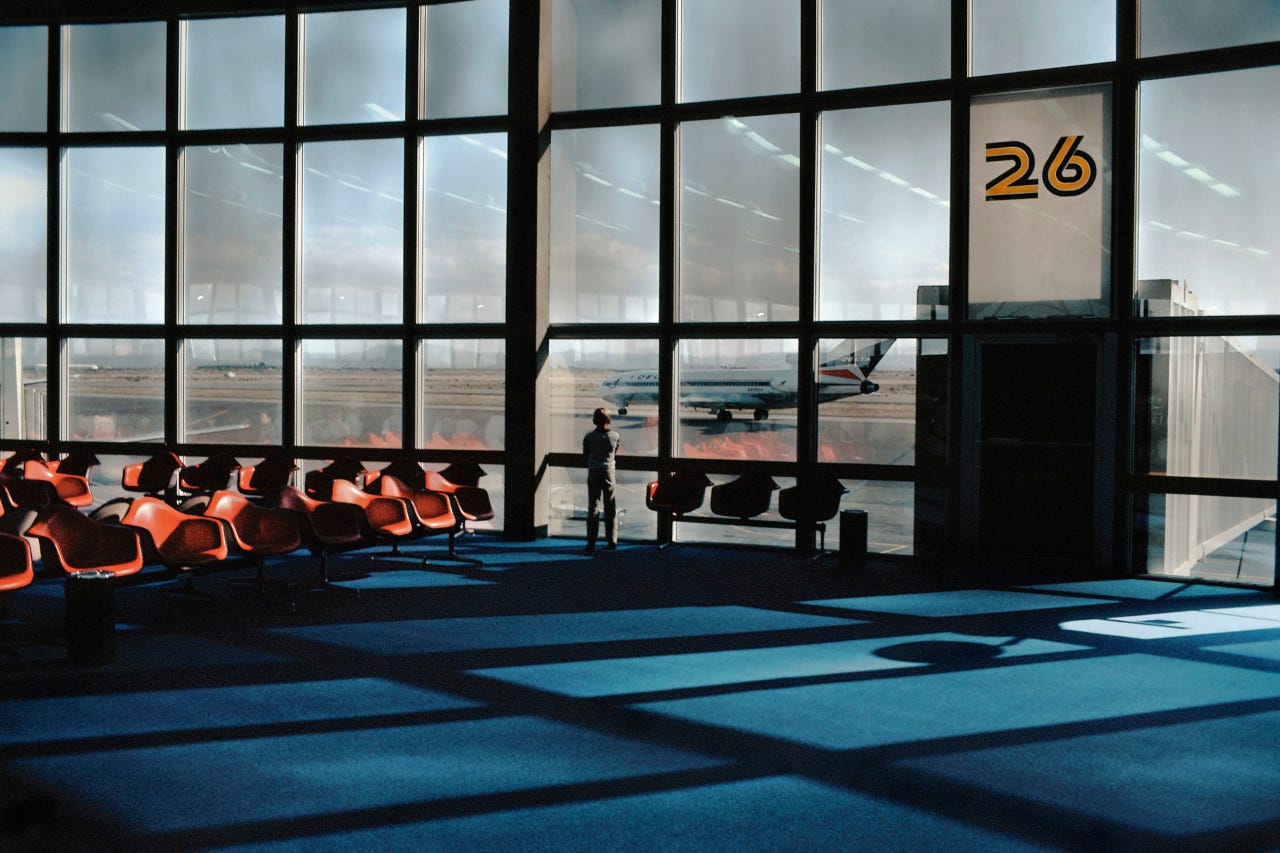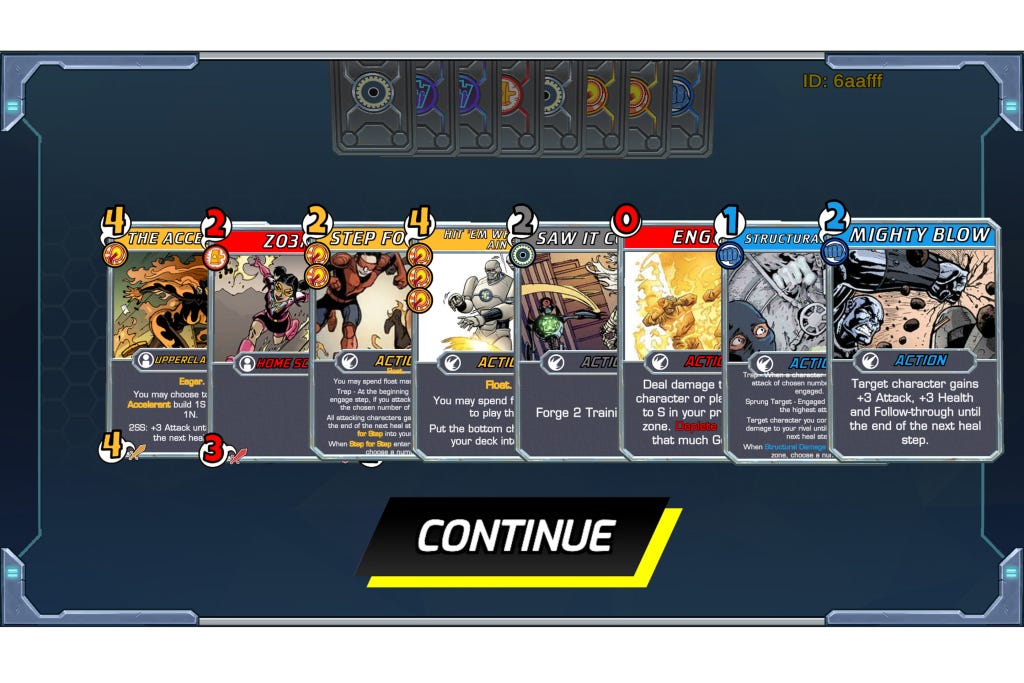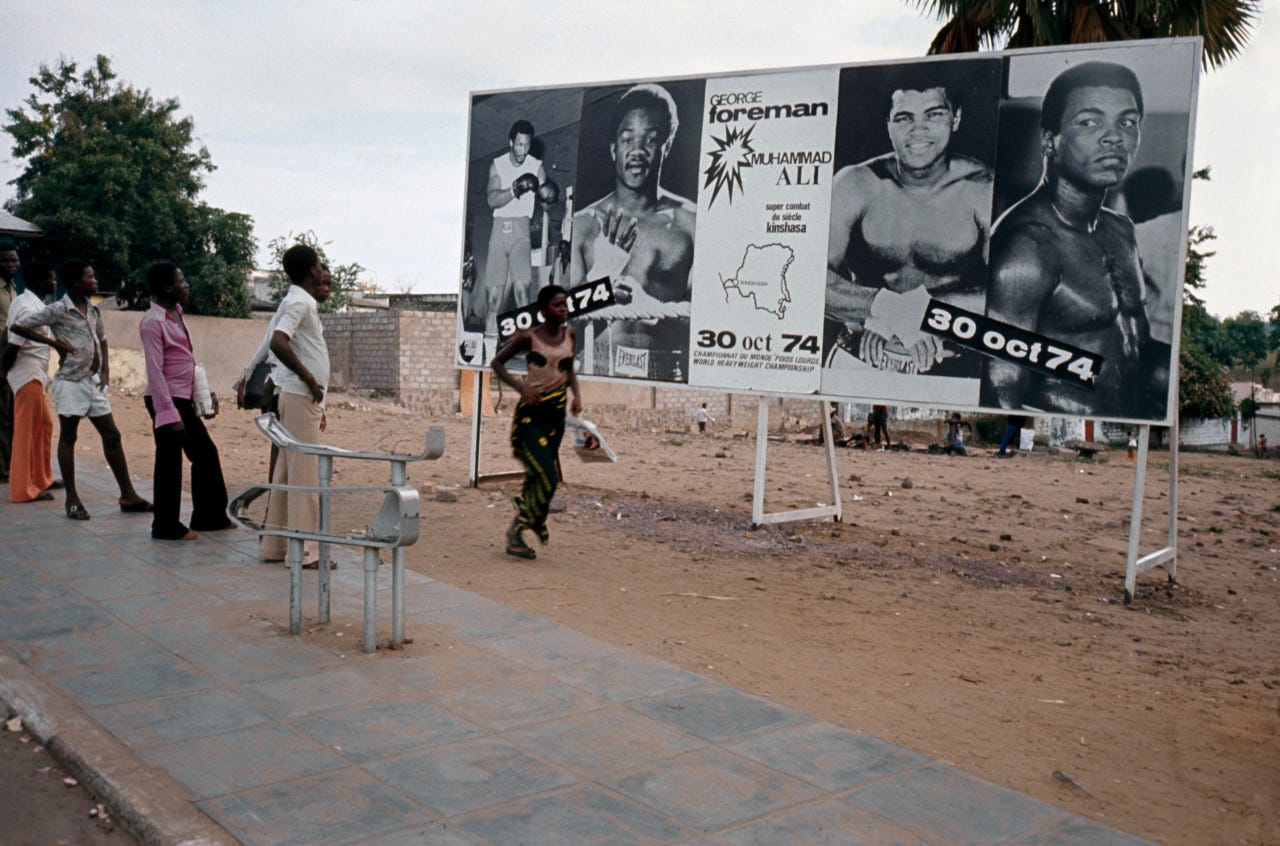[FKPXLS] VOL.47 / We are, after all, children
I get nothing done here. They told me they need to leave ASAP.




Keeping in touch with my parents in China on WeChat while trying to figure out my path forward in Michigan, the conflict between my creative ambition and my amorphous cultural identity, the tactical and emotional complexities of doing everything I can to stay in America and the elusive promises of democracy — all these tensions are real and have been real for the past decade that I’ve been in the U.S.
Some friends are visibly distressed by the presence of their family while also expressing empathy that I can’t go home. The PhDs, founders, and soon-to-be partners are pulled back to the shared reality of becoming children again, living intimately with their parents. Many of us have forgotten that we are, after all, children of some men and women. Not everyone enjoys this identity. It’s as if for the first time in a while, we are moving not forwards but backward, back to the beginnings, and further back to the time before those things began.
I get nothing done here. They told me they need to leave ASAP. A few are even considering leaving this country. I asked what for. Something different. I asked where to. Somewhere new. Somewhere people can sit down and talk.

Jet Lag Vienna International Airport. Vienna, Austria. 2010 © Chien-Chi Chang
I rarely bring up my family in conversations. Like every child growing up, I was perplexed by the discrepancy between my parents as humans and Parents as the nurturing, awe-inspiring figures depicted in media. If there’s ever an image of a perfect family that you’d see on a Macy’s commercial — laughing together at a well-lit dinner table with oven-baked salmon, tree decorating during Christmas, or going on vacations and cruise, or having pets, our family is the antithesis of that. We don’t really celebrate holidays, no one cooks or does household chores, and we rarely take vacations. They are both purpose-driven, independent, and self-made. My dad grew up in rural China where death from starvation was common; one of his younger sisters died in my grandmother’s arms because there wasn’t enough food left for the girls. Death was at his fingertips when he left his village for college in the city at the age of 15, and with fear for survival and the will to challenge the impossible, he became the youngest medical professor in China that got tenure at the age of 24 and paid his way through college by being formidable at Poker.
When my mom put me through tutor lessons when I was a kid — piano, ballet, drawing, figure skating, you name it — my dad would accuse them of being a scam. When my mom signed me up for math competitions, my dad would say these constructs are designed to deprive children of their curiosity. When my mom encouraged me to be a “sweet, nice Chinese girl” who marries well and early, my dad would remind me of the responsibility of pushing the edge of human knowledge, to give more than I take, while still hoping that I marry well and early. It’s as if they’ve played by the rules to be responsible for my happiness and success, but they never truly believed in anything that’s been prescribed, and are left unexplained.
We disagree with one another almost 100% of the time, but we respect each other’s full agency over our choices and opinions. When I expressed my urgent desire to go to America when I was 14, they agreed with the condition that I’d have to handle everything, from applying to the schools to studying for TOEFL to booking the actual flight. My mom later told me that my dad cried the night I hopped on the plane, and that was the first time she’s ever seen him cry. The longest distance between my family and me has never been the physical distance between China and the US, but my choice to cross the border, the artificial border at the custom that they are not allowed to transgress. Every time I choose to leave home, it’s an automatic reminder of what needs to get done on the other side, and what I’m leaving behind.

Harry Gruyaert Las Vegas airport. Nevada. USA. 1982 © Harry Gruyaert
For the past ten years, they never once questioned my decision to leave home. We have each been fighting our own battles, and we fight together against the tendency to reduce each other into our own boxes. We’ve learned to practice our truth while still honoring the truths of one another. We have different visions of what the future can look like but we know we will reconvene, realizing that the lessons we’ve learned on the road might not really be that different.
My dad also reminds of this Chinese saying when I’m faced with difficult decisions in life: 忍者,心怀天下, the resilient has a heart that contains all under the heaven — that means the good, the bad, and everything in between. Sometimes I think I’m retreading my dad’s journey and that progress is both linear and circular, and the relentless pursuit gives me a sense of belonging, that even now I’m not able to go home.

Remember Magic, The Gathering?

This Fortune piece features one of the best teams I got to meet last year. Since that meeting, where Kathleen (the founder of Tezos) and team shared a vision of an economy, the creative environment and transactions have evolved faster than ever to empower more players and creators alike around the world. I’ve been fascinated and still continuing the research on digital assets/economy.
One thing worth thinking about:
The ideal steady state is to find a way for the too-much-money players to compete with the too-much-time players, so one side keeps daily active users up while the other side maximizes average revenue per user. Managing two-sided networks in the real world is hard because there are real-world constraints. But in gaming, the game’s creator can build whatever world gives both sides the optimal incentive.
Venture firms as brands

Ana Andjelic wrote in her piece “From Assets to Brands” that VC’s consumer investing has gotten to a point that brands have become almost interchangeable:
Almost 60 percent of consumers in 90 percent of categories switch when considering a new purchase. To survive and grow, a company needs to make sure that they are part of consumers’ initial consideration set (the set of brands that first come to mind when they are looking to buy something).
[…]
VC funds that combine operational and brand-building capability will outperform their peers. Once they start to manage their portfolio of companies as brands, they will allocate resources and make decisions differently. Brands are managed in a way that maximizes their value and relevance over time. This will expand a fund’s usual VC ROI timeline, but it will be rewarded by higher overall ROI, higher profitability of its brands, and lower chances of PR disasters and failed IPOs.


A view from on Phoenix island, Sanya, Hainan. Phoenix Island, on the resort city of Sanya, was the Hainan island’s first flagship land reclamation mega project | Sim Chi Yin
Tianxia
Philosopher Zhao Tingyang offers a vision for the future of globalization in this provocative essay.
Tianxia is neither a promise of a perfect world nor the end of history, but rather a vision of a world politically remade to optimize the chance of enduring stability and security for all.
[…]
Tingyang’s writings have a far-reaching critical scope. Even though his political vision may be a utopia, his in-depth analysis of Western shortcomings and traditions, of Christianity’s dualism and Hegel’s dialectic, can help us distance ourselves from any automatic conclusions in our thinking. It also allows us, as Westerners, not to take ourselves as the omnipotent judges and arbiters of the universal good, but rather as among many options for humanity. One is not superior to others. This is a lesson of humility and lucidity — we in the West are indeed no longer the center of the universe.
The “Frankenstein”
China’s main advantage continues to be its impressive ability to deploy and scale existing technology. Where America falters is not in its technological leadership but in its inability to define national priorities and to scale quickly. The current debate lacks the nuance needed to understand what each system can learn from each other if we look at China as an iteration of the “open-source” idealism created by the US in the last century.
A tendency to consult old frameworks is unsurprising: to understand the present, we often look to the past. This inclination is particularly pronounced when it comes to the current moment in US-China relations.
Whether present tensions are characterized as a “Cool War” or the “New Cold War,” such historical analogies can be risky when applied haphazardly. That’s because they imply policy responses from a bygone era to deal with new and different challenges.
Instead, this evolving bilateral relationship is often best viewed from the ground up, through institutions, organizations, and companies.
[…]
Without internalizing these bottom-up realities, “decoupling” remains an appealing abstraction that ignores potentially significant and counterproductive costs. In other words, the debate on US-China needs more “China”—not a crude and blurred caricature but a sharp and realistic portrait…


Billboard announcing the fight between Muhammad Ali and George Foreman. Kinshasa. Zaire. 1974. © Abbas
The Ali vs Foreman fight is a distraction from problematic political environments — a practice commonly referred to today as sports-washing. It is sometimes rumored that the CIA played a role in setting up the Ali vs Foreman fight: so unusual were the circumstances in which it came together. The legendary match also served as an inspiration for billions of people around the world, with Ali becoming one of the most recognized people on the planet.

🌱 Take a pause for growth
Join me and take a pause and reflect on what is important. I have a running doc on Notion and use these simple questions in multiple areas in life.
As a {role}, I see myself to {responsibility A, B, and C}.
I need to {fulfill the responsibility} because {__}. To achieve this, I need to {tactic A, B, and C}.
Currently, I’m not great at {things to improve}.
Next, I want to {experiment to improve}.

Fakepixels is a space for courageous thoughts.
We respect ideas, even dangerous ones. We believe in the power of deep thinking, nuanced dialogue, and creative courage.
We are a community with curious thinkers and restless builders who believe the future will be better than the status quo.
Sounds like you? Join the club and bring a friend.

Tina is a designer, writer, and investor who’s online 24/7 hunting for ideas and ventures built with grit and purpose. Born in China. Based in NYC. You can find her elsewhere on Twitter, Instagram, or a corner café.



